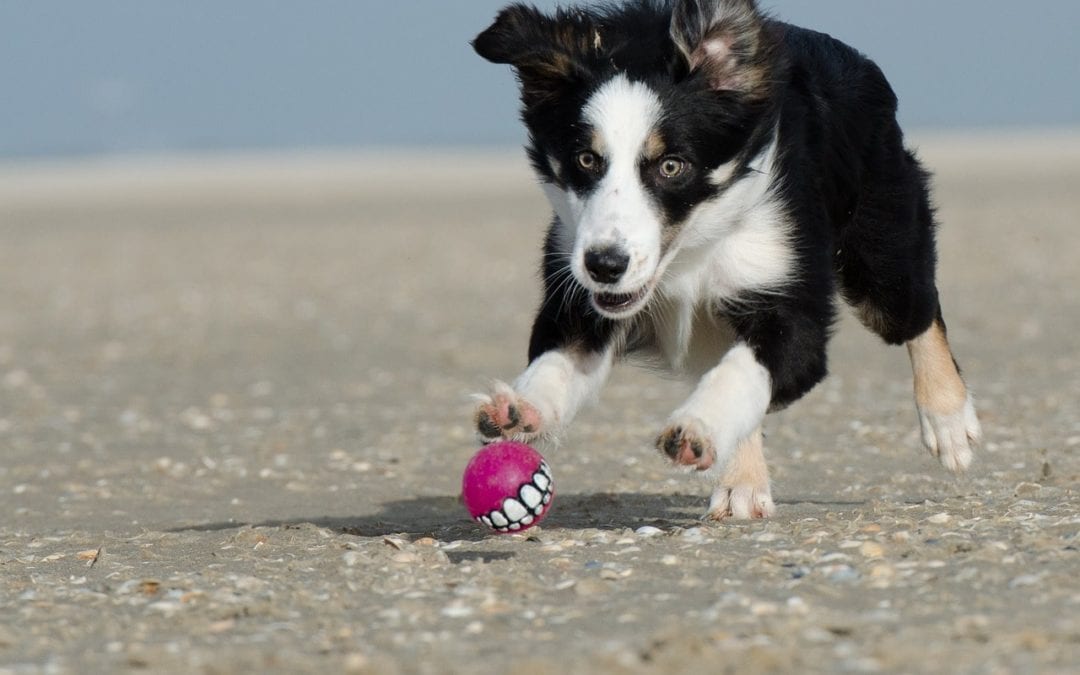Dogs love running after playmates at the dog park and jumping onto couches to snuggle with humans, these are some of the few reasons orthopedic injuries are common for our canine companions. Knee injuries, like torn cranial cruciate ligaments and luxating patellas, are seen often. Here’s what you need to know about your dog’s knees.
Torn cranial cruciate ligament
Similar to a human’s anterior cruciate ligament (ACL), the cranial cruciate ligament holds the bones of the leg into place. After chronic degeneration, the ligament can rupture or tear, causing pain and instability of the knee joint. An animal with a torn cranial cruciate ligament will experience difficulty walking on the affected leg because when they put weight on it, the bones will slide and give out.
This is the most common orthopedic injury in dogs, and treatment will depend on the size of your pet and her activity level. While some dogs under 15 pounds may heal without surgery, surgical repair is usually required, and we will recommend it as soon as possible to reduce the likelihood of irreversible joint damage and to relieve pain.
Patellar luxation
Patellar luxation is a congenital defect that leads to an abnormal amount of force on the patella (kneecap), which causes it to slide out of place. If your pet’s kneecap slides out of place, they may have difficulty putting weight on the affected leg, and you might see her kicking her leg to the side to snap the kneecap back into place. Pets with this condition usually do not show signs of pain.
If your pet’s injury is mild, the patella may be able to be popped back into place or manually put into the proper position. For more severe cases, surgery is usually required. Toy, small, and bowed-leg breeds are most commonly affected by luxating patellas.
Preventing knee injuries in dogs
While some orthopedic injuries cannot be prevented, there are precautions you can take to decrease your dog’s chances of tearing her cranial cruciate ligament or experiencing a luxating patella:
- Maintain an ideal weight
- Provide supplements, like glucosamine, chondroitin, and omega 3 fatty acids
- Encourage low-impact exercise, like swimming
We have a TPLO Surgery Page dedicated to information about knee surgery. If your dog showing signs of a knee injury please call our office 760-436-3215 and request an appointment.

